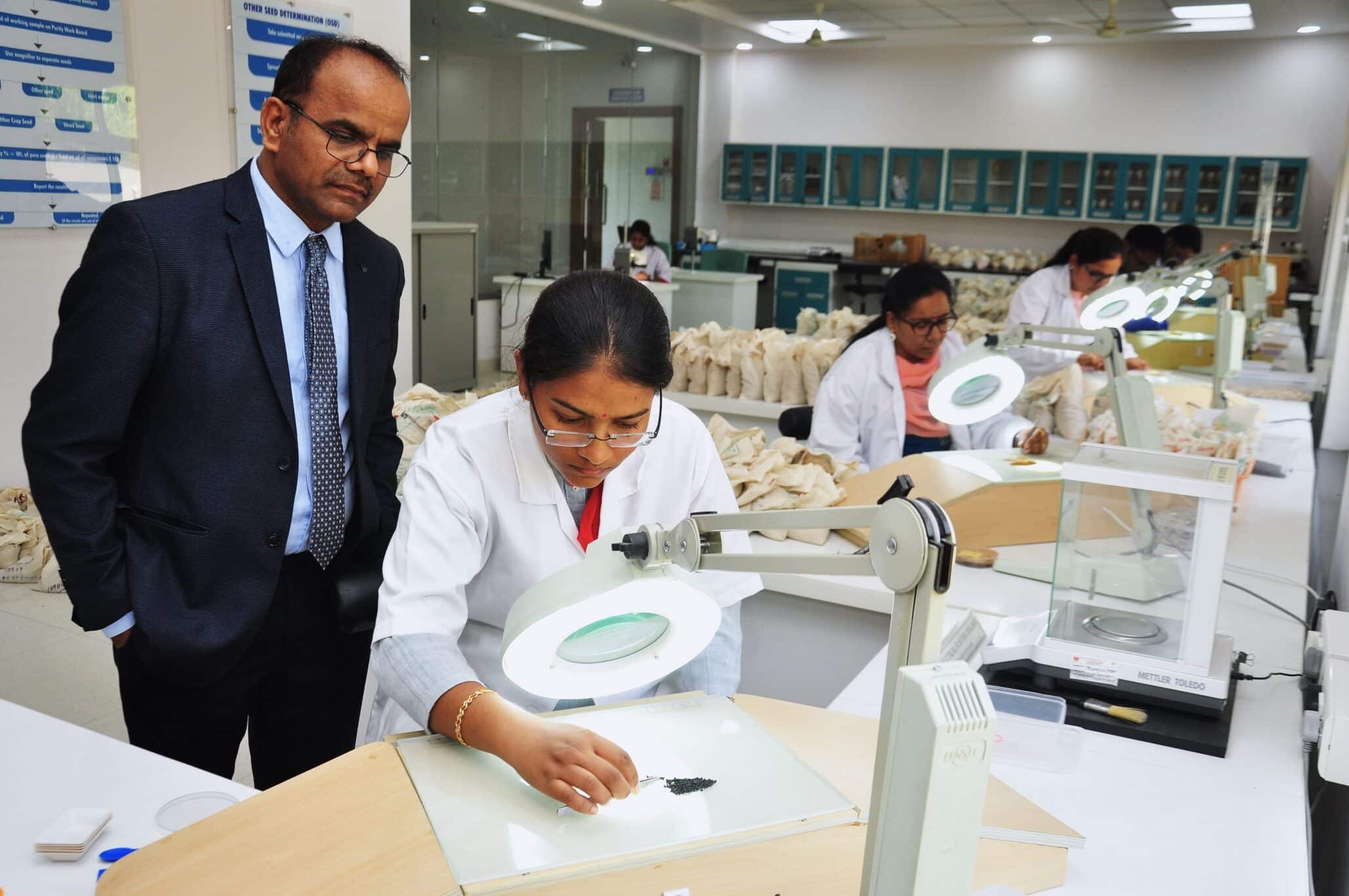EFSA has published two reports which provide a picture of how whole genome sequencing (WGS) can be used in food safety and how extensively such techniques are used in Europe.
WGS is increasingly used in public health and food safety laboratories, but it is used in different ways in different countries and for different purposes.
Survey on use of WGS
The findings of a survey carried out by EFSA and the European Commission in 2016 on the use of WGS for food- and waterborne pathogens isolated from animals, food, feed and their environment in EU/EFTA countries include:
- By the end of 2016 WGS was already being used in laboratories in 17 out of 30 countries.
- The main reason for not using WGS is a lack of expertise and financial resources.
- WGS was mainly used to support outbreak investigations.
ENGAGE project
The final report of the project “Establishing next generation sequencing ability for genomics analysis in Europe” (ENGAGE)includes a description of all milestones achieved – these include public release of bacterial sequences, scientific publications, benchmarking exercises, workshops, trainings, and e-learning materials.
The aim of the project, co-funded by EFSA, was to boost scientific cooperation among European laboratories to use WGS in food safety and public health protection.
All materials produced can be found in the report and the ENGAGE website.
Source: EFSA













